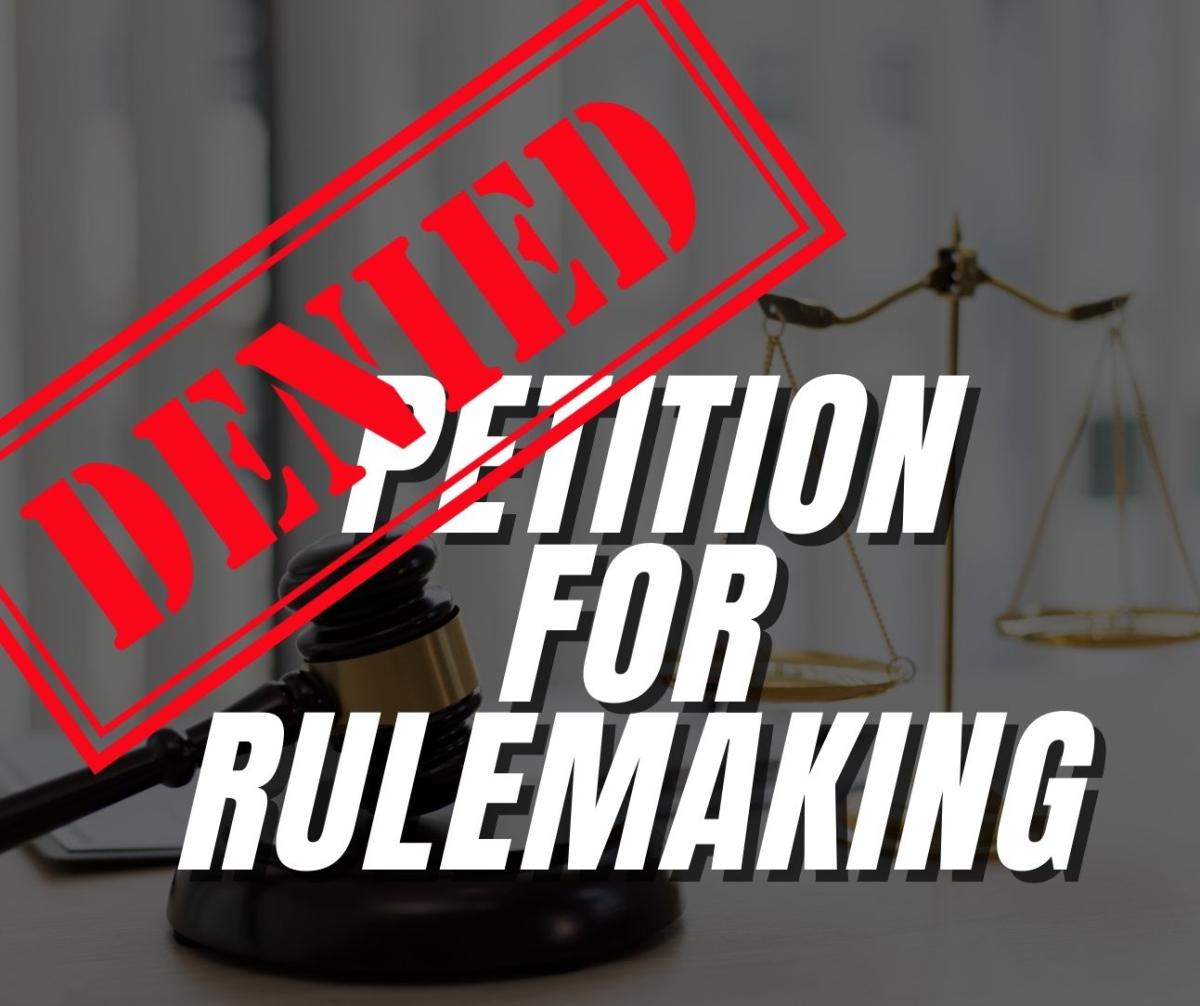The Washington Department of Ecology issued a decision denying Washington Farm Bureau and the Washington Trucking Associations’ formal Petition for Rulemaking.
CLICK HERE TO LISTEN TO THIS REPORT ON THE WFB UPDATE PODCAST
On Friday, August 11th, the Washington Department of Ecology (DOE) issued a decision denying Washington Farm Bureau (WFB) and the Washington Trucking Associations’ (WTA) formal Petition for Rulemaking that would ensure that motor vehicle fuel used exclusively for agricultural purposes and fuels used for transporting agricultural products on public highways are exempt from coverage under the Climate Commitment Act, as is required by law.
The Petition requested that DOE initiate rulemaking to accomplish two things. First, to put in place a means by which fuels exempted from the Climate Commitment Act (CCA) may be realized. Second, to develop a means by which farmers and ranchers who have been illegally refused an exemption may receive a refund.
The CCA language explicitly states that DOE is mandated by law to “adopt rules to implement the provisions of the program.” One of the provisions of this program is that agriculture, along with several other entities, is exempted from the program and thus exempted from any associated charges. Laura Watson, Director of DOE, issued a five-page response denying any deficiency when it comes to DOE’s processes and placed the responsibility for any ongoing issues squarely on the shoulders of the fuel suppliers. Director Watson refused to acknowledge any “mandatory duty for Ecology to establish a method for fuel suppliers to ‘claim exemptions’ before exempt fuel is sold to eligible end users.” According to Director Watson, it is the responsibility of the fuel supplier to provide the exemption to the appropriate buyer.
With regards to the request that a refund be issued to farmers and ranchers who have been overcharged, that request was likewise denied on the claim that the state does not have the money that WFB and WTA are requesting be refunded. Director Watson stated that "the surcharges have been assessed and collected by fuel suppliers…The state of Washington has not received any revenue from the actions of these fuel suppliers." Words matter. DOE did not say they will not receive any revenue; they said the state “has not received any revenue.” The language is past tense because the reality is that the money from the CCA will make its way to state coffers, which would render that argument moot.
Unfortunately, DOE’s denial does not acknowledge fuel purchased at gas stations, special fuels (kerosene, propane, natural gas, etc.), or on-highway mixed loads, which are oftentimes not sold by a supplier to an end user. These issues remain unresolved and disproportionately impact the smallest and most vulnerable farms and ranches who do not purchase fuel in bulk loads from a distributor.
In spite of DOE’s decision, WFB continues to advocate for the exemptions that agriculture has been granted within the CCA statute.

